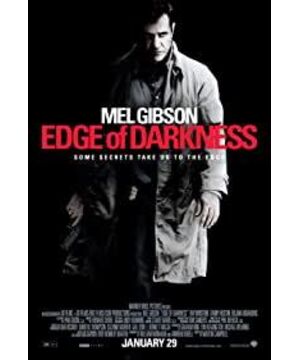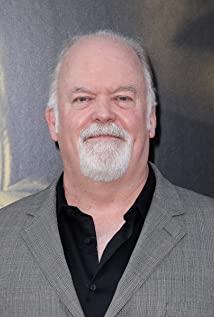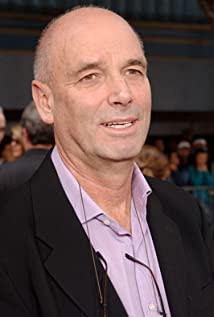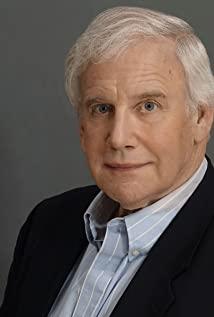A single elderly policeman, after her daughter was involved in a conspiracy to seal her throat and was brutally murdered, he embarked on the road of fighting alone, unhesitating to confront the unfathomable force behind him. It can be said that this is a classic routine that is already a little moldy. If it is a political scandal, this is a political thriller. Even if the protagonist succeeds in the end, he has to make a choice between death and long-term escape; if What was destroyed was a criminal organization with no backstage, and maybe the protagonist would be rewarded by superiors and embraced beautifully. "Edge of Darkness" belongs to the former. The small people overthrew the consortium of "collusion between officials and businessmen". Under the special political environment of the United States, this has basically formed a complex in the heart of the old United States, which should be inseparable from its political scandal. Frequent occurrences, especially the impact of the Watergate Incident, the two Washington Post reporters who exposed the Watergate Incident in spite of their lives are probably the prototypes of such small characters. The old policeman played by Mel Gibson is the incarnation of a reporter in the field of action movies. He has the belief that he has to go to the roots, whether he has the "capital" to worry about, and has to wander the law with violence. And the resentment on the verge of lynching, strong muscles and precise marksmanship are enough to kill people. Whether using violence to control violence has been controversial, the film will take good care of his personality, find reasons for him, put him where he has to do it, and purify his thoughts and behaviors and then instill them in the audience to gain recognition . The reason why "Edge of Darkness" appears to be quite satisfactory is that it follows this routine and strategy on the main line of the protagonist's revenge, and the standard can be described as "textbook" level. It can only be said that Gibson played such a role is very familiar, both civil and military, the one-man act is well-prepared, and the skill in the action scene is still vigorous. The lines are also quite particular, letting people reminisce about the humorous witty remarks when ending the enemy. There was also a scene where Gibson wiped off the blood of his daughter splashed on his face, carefully preserved the towel, and washed the blood on his hands with the water in the sink. The camera looked down at the blood flowing away quickly in the pool, and the feeling of blood thicker than water was silently conveyed. This scene made the scene of many memories of her daughter seem a bit redundant.
Another figure worth mentioning is the role of Ray Winston, a congressman employed by the behind-the-scenes congressman, who sympathizes with Gibson and builds a friendship of acquaintance. Being terminally ill completely aroused his inner cynicism, exploded out the years of swallowing his breath, and accomplished what Gibson had failed to accomplish. Such a person who defended the bottom line of his conscience was finally killed by a cruel person. If "Infernal Affairs" (the same screenwriter) finally had Mark Wahlberg out to defend justice, it can only be said that the hero is dead. , Seems to be a joke with those veteran heroes who don't kill "unarmed". Someone commented that the humanity and sociality of "Batman: The Dark Knight" has surpassed other superheroes by a lot. When they said "The hero is dead", I believe that the "dead" is not the new version of Batman, but the trend of Gibson. The classic old heroes with facial makeup, as well as a guy like Ray Winston who "eat the old", after all, they are not young anymore.
View more about Edge of Darkness reviews











